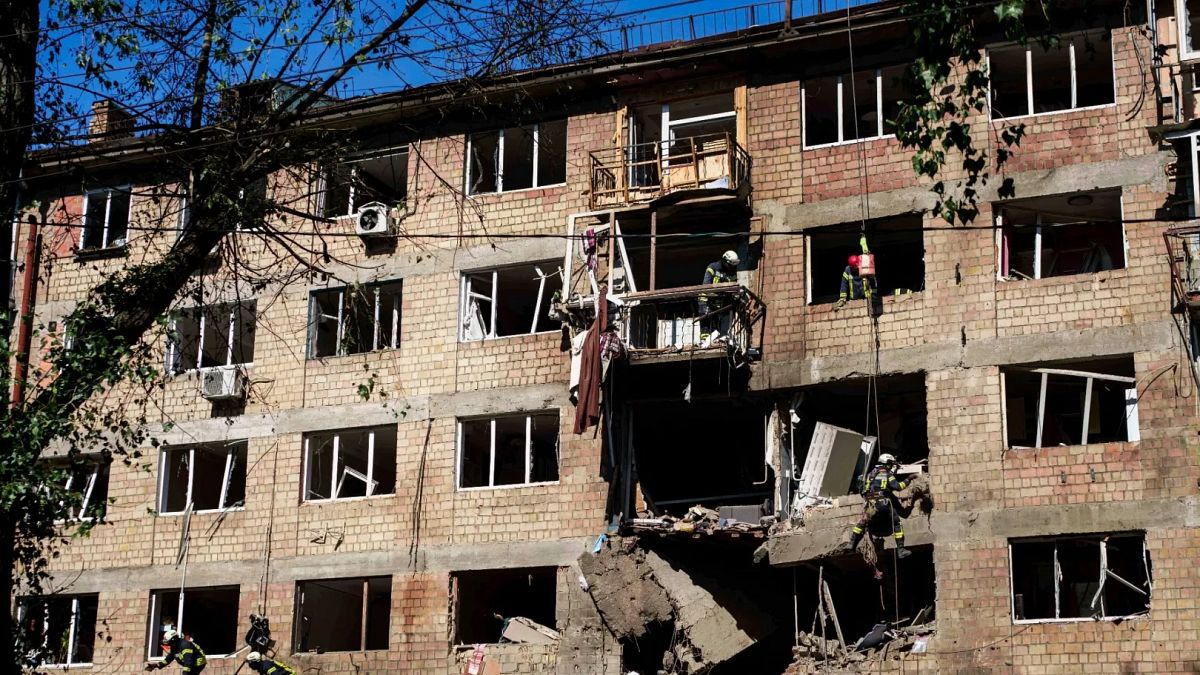

In a landscape of shifting alliances and escalating tensions, recent developments on the global stage reflect both challenges and potential paths forward. From the heart of Europe to the rugged terrains of South Asia, diplomatic and military actions continue to shape the international atmosphere.
The ongoing conflict in Ukraine has taken another turn as Ukrainian forces claimed a successful operation targeting a Russian airbase. This comes in response to an intensified bombing campaign by Russia within Ukrainian territory. In a show of ongoing support, Ukrainian President Volodymyr Zelenskyy recently engaged in a “very important and productive” dialogue with US President Donald Trump. The conversation highlights the continued international discourse that aims to address the situation in Ukraine.
Simultaneously, reports from Dutch and German intelligence agencies have raised concerns about the increasing use of banned chemical weapons by Russian forces in Ukraine. Agents have indicated an uptick in the deployment of chemical agents like chloropicrin, raising alarm and drawing calls for additional sanctions and robust international support for Kyiv. These concerns highlight the seriousness of the developments, urging the global community to remain vigilant.
Meanwhile, in South Asia, the security dynamics have shifted with Pakistani troops successfully foiling an infiltration attempt by militants from Afghanistan, leading to the loss of thirty insurgents. The Pakistani Taliban, despite being distinct from their Afghan counterparts, continue to pose challenges to stability in the region. This incident underscores the intertwined security concerns faced at the border, affirming a need for coordinated measures to ensure peace.
Expanding the scope beyond immediate conflict zones, evolving diplomatic ties are prominently observed in Russia’s strategic alignments. Moscow has recognized the Taliban as Afghanistan’s legitimate ruling government, marking a significant geopolitical move. This realignment points to changing alliances, as Russia distances itself from traditional partners, such as Azerbaijan and Armenia, in favor of new associations with entities like the Taliban and North Korea.
In Europe, Germany is navigating its relationship with Afghanistan with careful consideration. Despite not officially recognizing the Taliban government, which took control of Afghanistan in 2021, conversations are underway to reach an agreement for the repatriation of convicted Afghan migrants. This delicate diplomatic balance underlines how nations are addressing complex migration and security concerns.
These active and evolving international interactions show the multifaceted nature of global affairs today, where diplomatic channels remain crucial in mitigating conflict and fostering collaboration. As nations engage in dialogue amidst these intricate realities, the prospect for peace and stability continues to be a shared global endeavor.
Source: {link}
